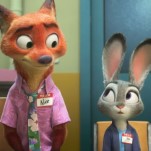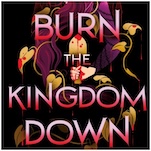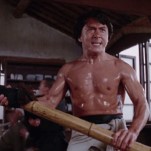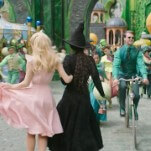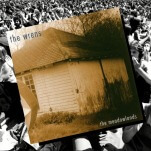Boards of Canada: Tomorrow’s Harvest
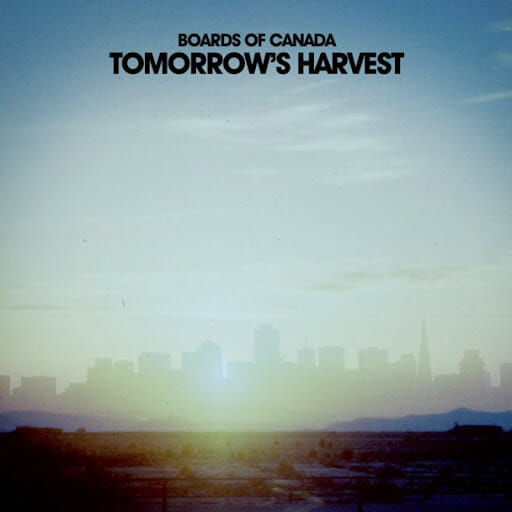
Praised, reclusive techno duo makes two acclaimed records and a spottier third in the public eye, which grow influential in unforeseen ways over a long hiatus, returns for epically, mysteriously marketed media event of a comeback album in 2013. And then the album itself mostly does away with the sound that they’re known for in the first place.
But enough about Daft Punk.
Whereas Daft Punk’s austere image is at least somewhat in contrast to their hyper-reverent Eurodisco, Boards of Canada’s sudden flirtations with the notion of being some kind of ambient rock stars (the first since Aphex Twin if not Eno) begin and end with the wild goose chase they sent Record Store Day patrons on.
On their woozy cult classic Music Has the Right to Children, they flirted with nonexistence itself, the music all scrapings and ghosts of notes and harsh factories of percussion with little dots of spoken samples and one-minute interludes providing the bare minimum of tunefulness and humor for such a dystopian undertaking to survive.
-

-

-

-

-

-

-

-

-

-

-

-

-

-

-

-

-

-

-

-

-

-

-

-

-

-

-

-

-

-

-

-

-

-

-

-

-

-

-

-


